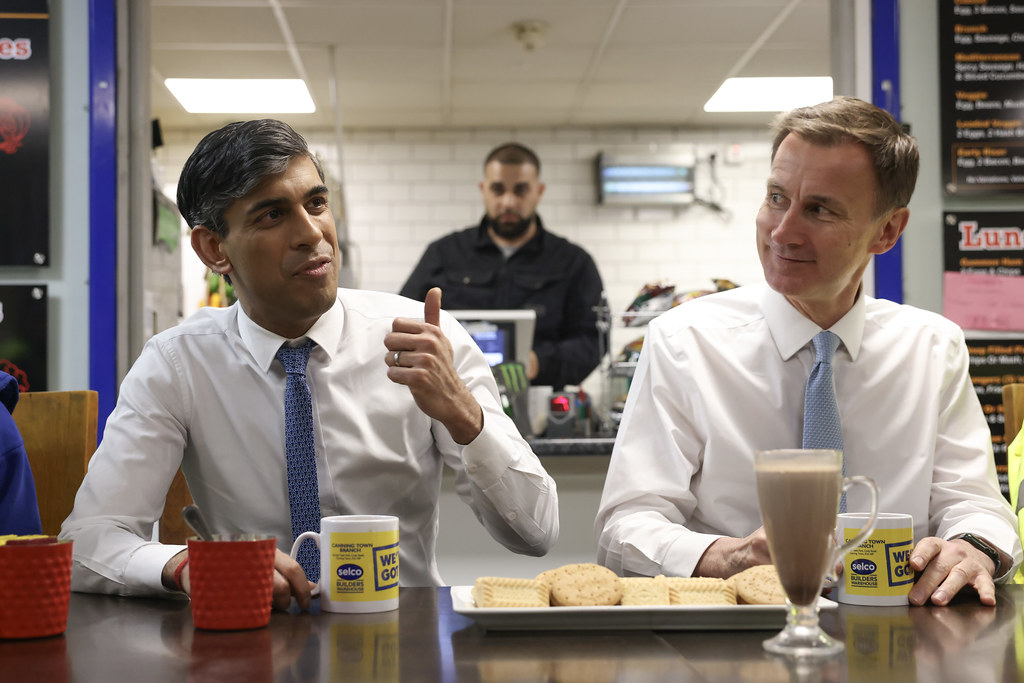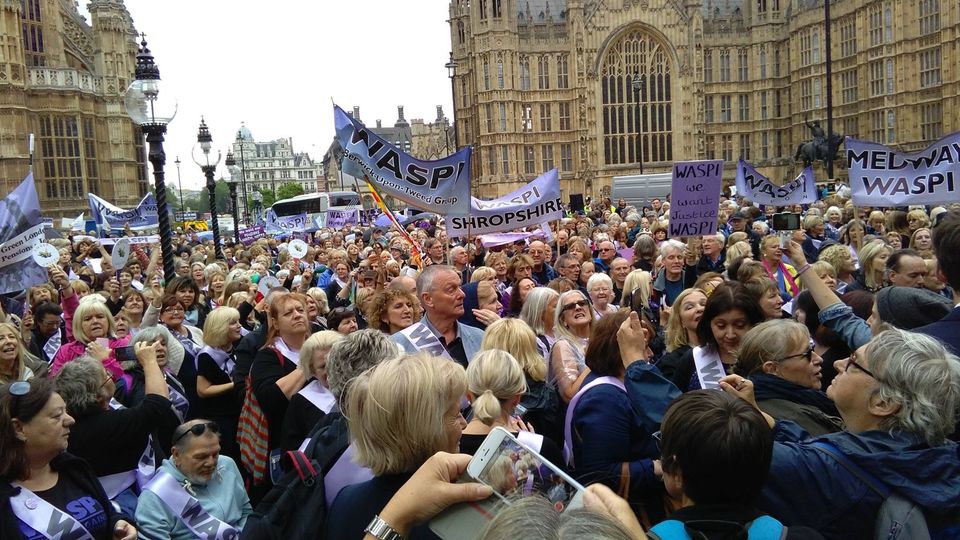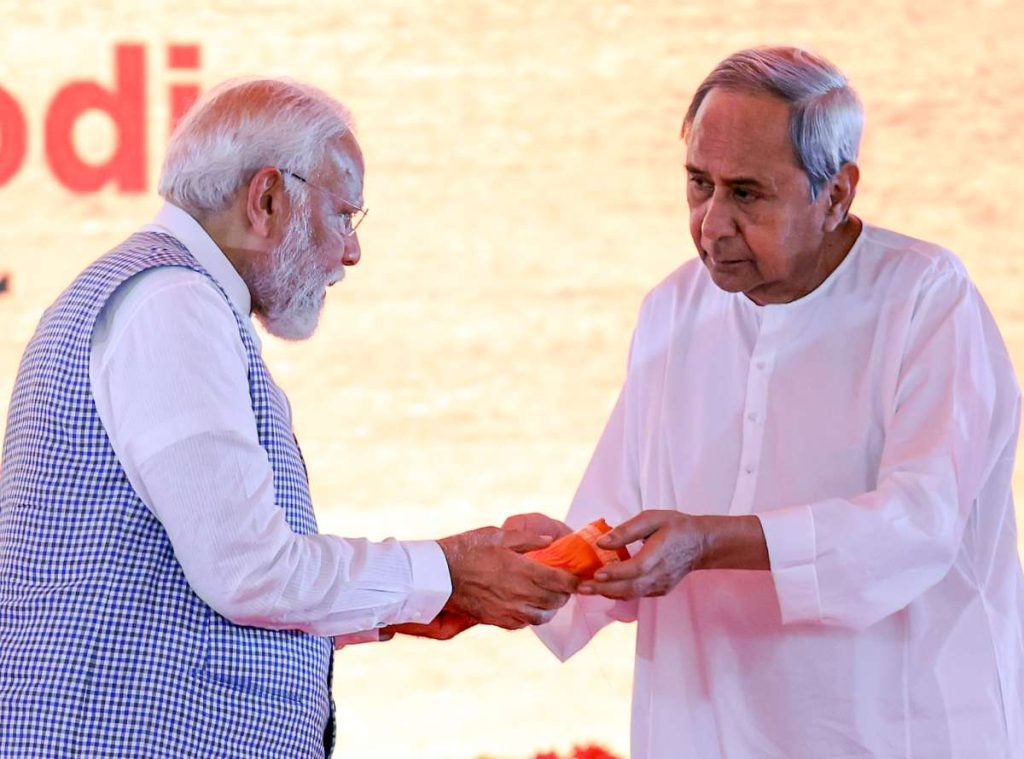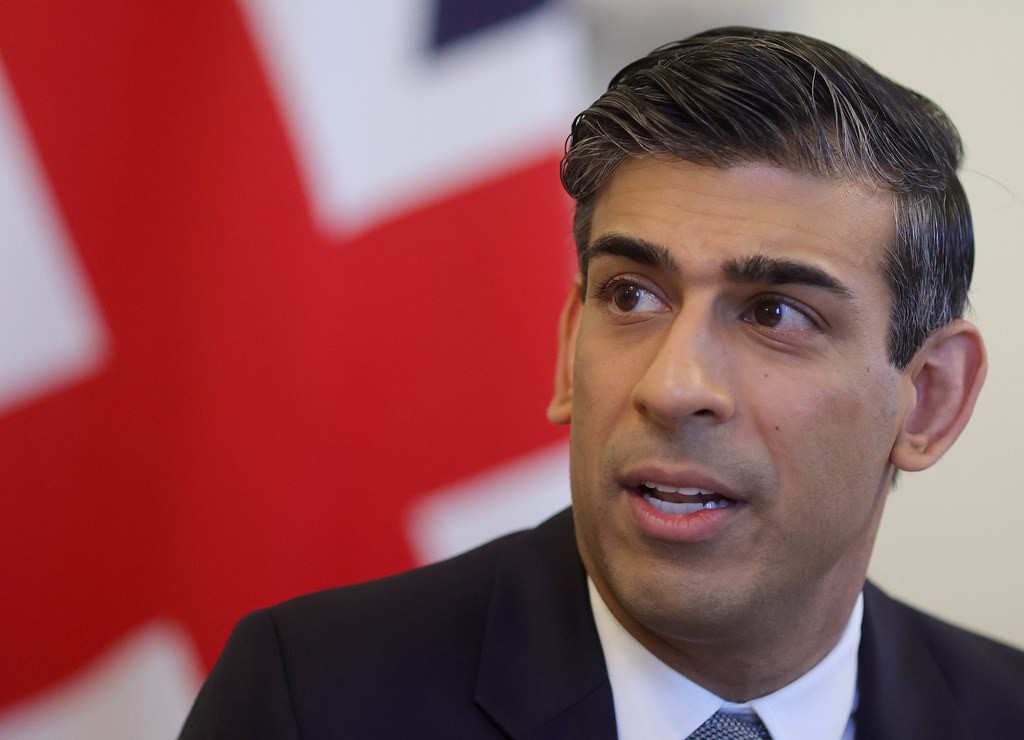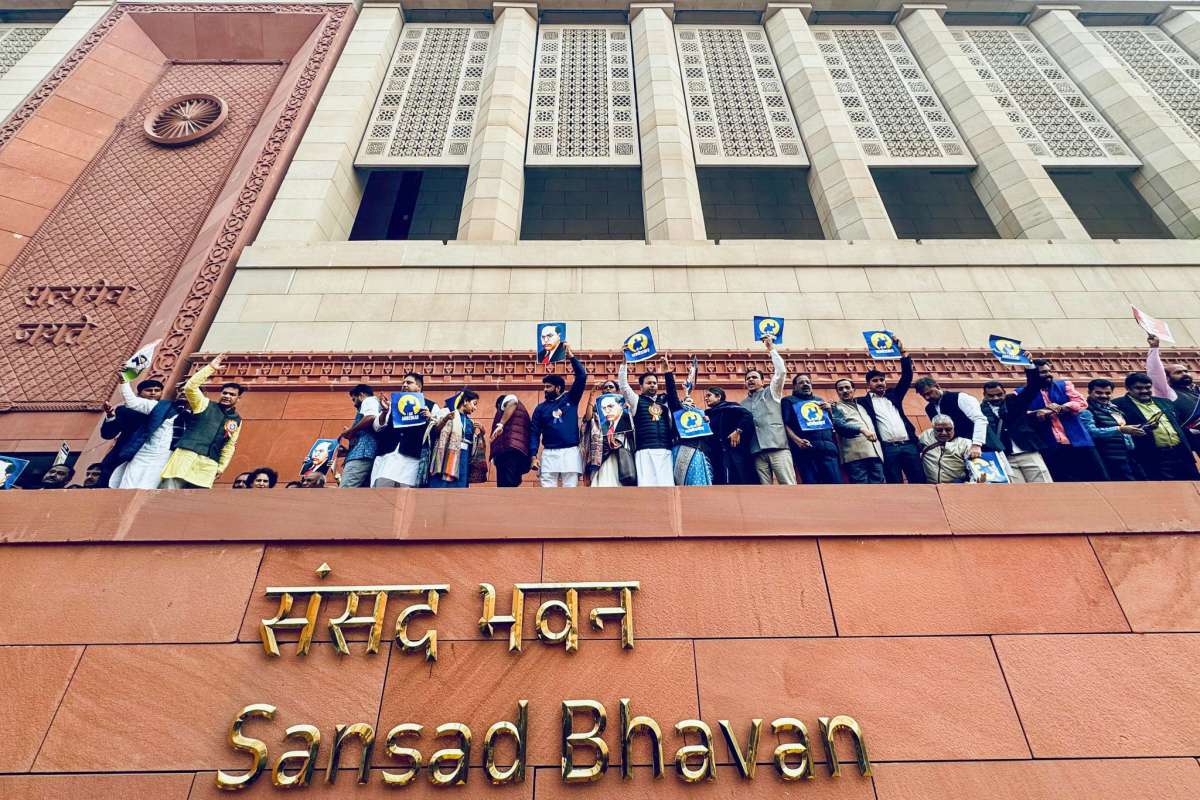Some Tory MPs now believe the Conservative party is planning to make scrapping NI an election manifesto commitment…reports Asian Lite News
Income tax may eventually have to be raised to pay for abolishing national insurance, Jeremy Hunt has suggested the day after delivering the government’s spring budget.
The chancellor spent about £10bn to cut NI by 2p in the budget, and has indicated that the government’s eventual ambition is to scrap the tax entirely.
Asked how he would pay for this, Hunt told Sky News: “We’re not saying that this is going to happen anytime soon, and indeed that’s not the only way that you can end that unfairness of taxing work: you can merge income tax and national insurance.”
It suggests that the government is looking at raising income tax as one way of paying for abolishing NI, whose existence Hunt said was “unfair” as it amounted to a “double tax on work”.
Some Tory MPs now believe the Conservative party is planning to make scrapping NI an election manifesto commitment. Labour said the move would cost £46bn a year, equivalent to £230bn over the course of a five-year parliament, and questioned how the Tories would pay for it.
Rachel Reeves, the shadow chancellor, told ITV’s Good Morning Britain: “At the end of the budget statement after an hour and 10 minutes, the chancellor started floating this idea of getting rid of national insurance altogether.
“I think it is really irresponsible to start making promises without having the faintest idea of where the money is going to come from. The last time ministers attempted this it was Liz Truss and Kwasi Kwarteng. They made £45bn of uncosted and unfunded tax cuts. The chancellor yesterday suggested £46bn of unfunded tax cuts.”
In broadcast interviews on Wednesday and Thursday, the chancellor stressed he wanted to “end the unfairness” of the system but that eliminating NI contributions altogether would be a “huge thing to do”. He admitted that the tax would not be scrapped “any time soon”.
Any rise in income tax would affect pensioners, who do not pay national insurance. Some Tories criticised the decision to cut NI rather than income tax in the budget on Wednesday because of this.
Hunt insisted to Sky that the government had done an “enormous amount for pensioners” and that ultimately growing the economy would help to increase the state pension. “This government introduced the triple lock … we have really prioritised pensioners,” he said.
Experts from the Institute for Fiscal Studies and the Resolution Foundation, two influential economics thinktanks, said the budget left the “big picture” largely unchanged because overall taxation was still rising as a result of fiscal drag.
In analysis published overnight, the Resolution Foundation said the budget showed real household disposable income was set to fall by 0.9%, making this parliament – between 2019 and 2025 – the first in modern history in which living standards have dropped.
The IFS director, Paul Johnson, said the chancellor had used “smoke and mirrors”, while Torsten Bell of the Resolution Foundation said Wednesday’s tax cuts relied on the prospect of £19bn of post-election tax rises and “the fiscal fiction that another £19bn of cuts to public services can be delivered”.
Hunt also warned he ‘can’t afford’ to go further on taxes yet amid warnings the Budget package was ‘not enough’ to turn the tide at an election.
He also delivered a strong hint that the Conservative manifesto could include an ambition of scrapping the levy altogether, condemning it as ‘complex’ and unfair.
However, the overall burden is still rising and many Tories had been pushing for him to target income tax, sparking complaints there was nothing ‘vivid’ to win back voters in the package.
Concerns have been fuelled further by analysis from the Resolution Foundation pointing out that pensioners – regarded as key Tory supporters – have ended up the losers.
That is despite the fact that those who draw income from their private and workplace pensions are paying more tax as a result of stealth taxes – to the tune of £960 a year on average.
In a round of interviews from Liverpool this morning, Hunt acknowledged that taxes had gone up to cope with the impact of Covid. ‘I’m not pretending that I brought all those taxes down in one go. We can’t afford to do that,’ he told Times Radio.
‘It wouldn’t be responsible to do that. But do I want to carry on bringing them down, as I did yesterday, as I did in the autumn statement? Yes, I do.’
